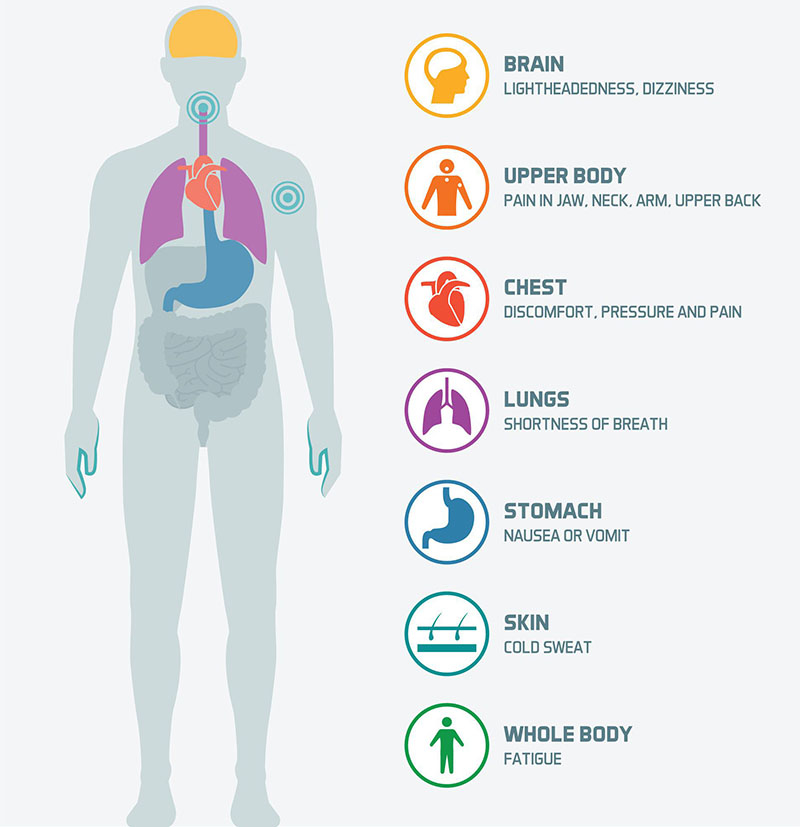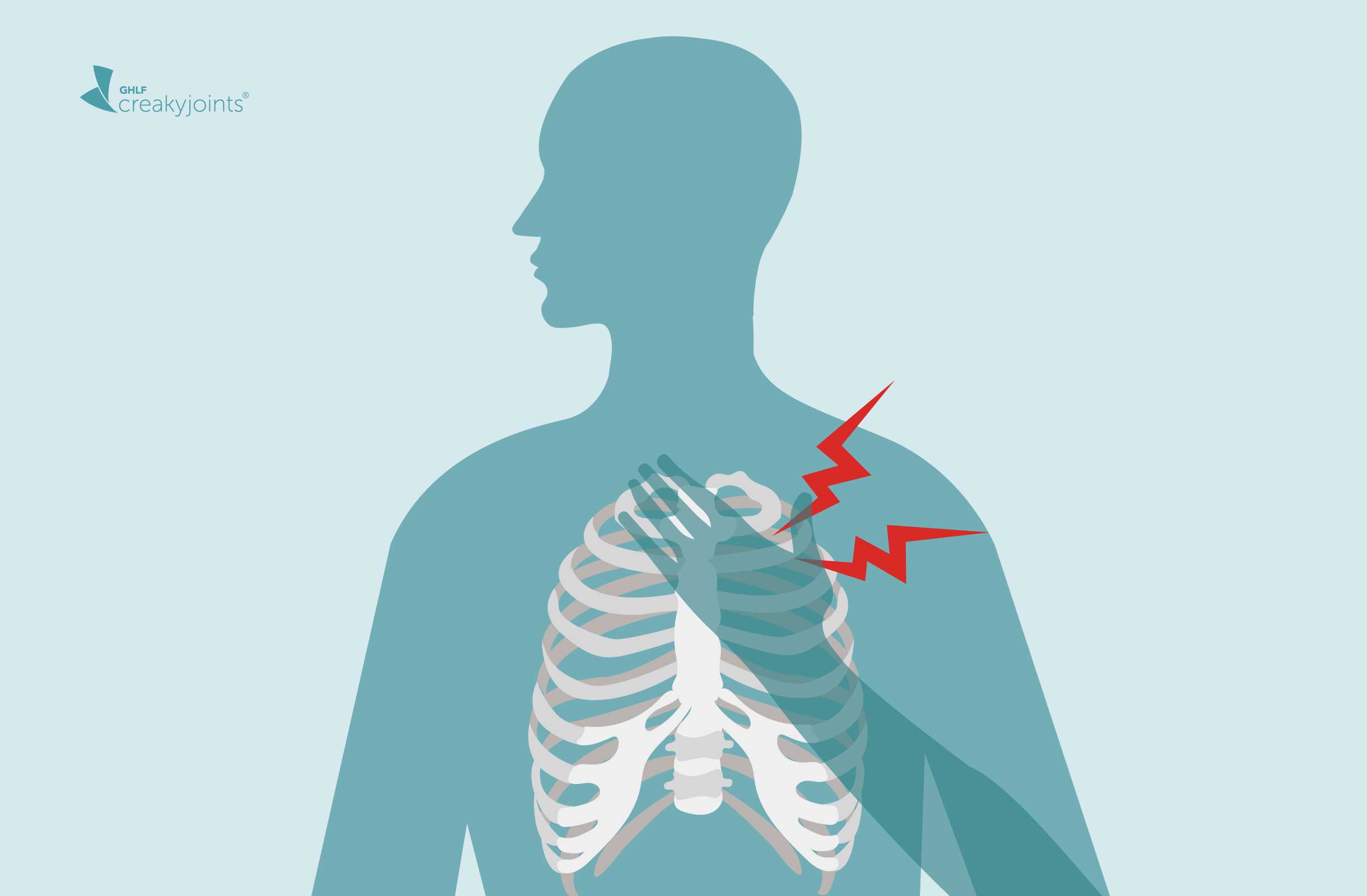
Experiencing chest pain because of anxiety can be one of the symptoms of a panic attack which is defined as a feeling of sudden intense fear and the severe onset of four or more of these symptoms. Very often the pressing chest aches spread to the left arm back neck or jaw.

Thats because chest pain is associated with serious heart problems leading many to worry about their health.
Constant heart pain. Ad Fast safe effective self help and simple one step to heal your trauma and PTSD. Chest pain and heart attack symptoms. Chest pain is only one of the possible signs of an impending heart attack.
If you notice one or more of the signs below in yourself or someone else call 911 or your local emergency number right away. Uncomfortable pressure squeezing fullness burning tightness or pain in the center of the chest. Angina Chest Pain Angina is chest pain or discomfort caused when your heart muscle doesnt get enough oxygen-rich blood.
It may feel like pressure or squeezing in your chest. The discomfort also can occur in your shoulders arms neck jaw or. Angina is a disorder that often results in constant chest pain.
It happens because the blood flow to the heart is being restricted by plaque in the arteries. When people develop angina it is generally a progressive problem and it is often a precursor to a heart attack. Chronic chest pain may be a symptom of angina.
Anginal pain that is related to cardiac insufficiency is typically a cause for chronic chest pain. Although often relieved with anti-anginal medications such as nitroglycerin this type of pain often returns. The underlying cause of angina must be treated before the symptoms will subside in the long term.
Chest pain and heart problems. The most common heart problems that cause chest pain include. Pericarditis which usually causes a sudden sharp stabbing pain that gets worse when you breathe deeply or lie down.
Angina or a heart attack which have similar symptoms but a. True heart pain may be caused by angina a serious condition that occurs when blood flow is reduced to your heart. If youre experiencing heart pain and youve been diagnosed with angina.
The heart pain can be constant for a few minutes or it can come and go. Very often the pressing chest aches spread to the left arm back neck or jaw. 4 Other heart attack symptoms can include.
Gasping for breath or difficulty breathing. Coronary artery disease CAD is a type of heart disease caused by a buildup of plaque in the arteries that supply blood to the heart. Over time cholesterol deposits lodge themselves in the walls.
Heart attack pain can be intermittent or continuous. Heart attack symptoms can last for a few minutes to a few hours. If you have had chest pain continuously for several days weeks or months then it is unlikely to be caused by a heart attack.
Long term chronic pain can produce severe stress and anxiety which in turn can elevate blood pressure and pulse rate. Elevated blood pressure and heart rate over a sustained period can damage the heart leading to cardiac arrest stroke or death. Experiencing chest pain because of anxiety can be one of the symptoms of a panic attack which is defined as a feeling of sudden intense fear and the severe onset of four or more of these symptoms.
Chest pain can occur when the heart is not getting enough blood or oxygen. The amount and type of pain can vary from person to person. The intensity of the pain does not always relate to how severe the problem is.
Some people may feel a crushing pain while others feel only mild discomfort. Anxiety may be best known for its mental symptoms but its often the physical symptoms that cause the most distress. One of the most frightening anxiety symptoms is chest pain.
Thats because chest pain is associated with serious heart problems leading many to worry about their health. Pain that relates to a heart attack most often feels like a pressure or squeezing sensation. It can range from mildly painful or not painful at all in what are called silent heart attacks to full pain that people would rank a 10 out of 10 in intensity.
Death of heart muscle as a result of an insufficient blood supply causes a severe and sudden chest pain that presents similar to angina and includes shortness of breath pain that radiates to the left arm neck jaw and back sweating nausea dizziness andor vomiting. It is important to distinguish between angina and heart attack pain. Ad Fast safe effective self help and simple one step to heal your trauma and PTSD.